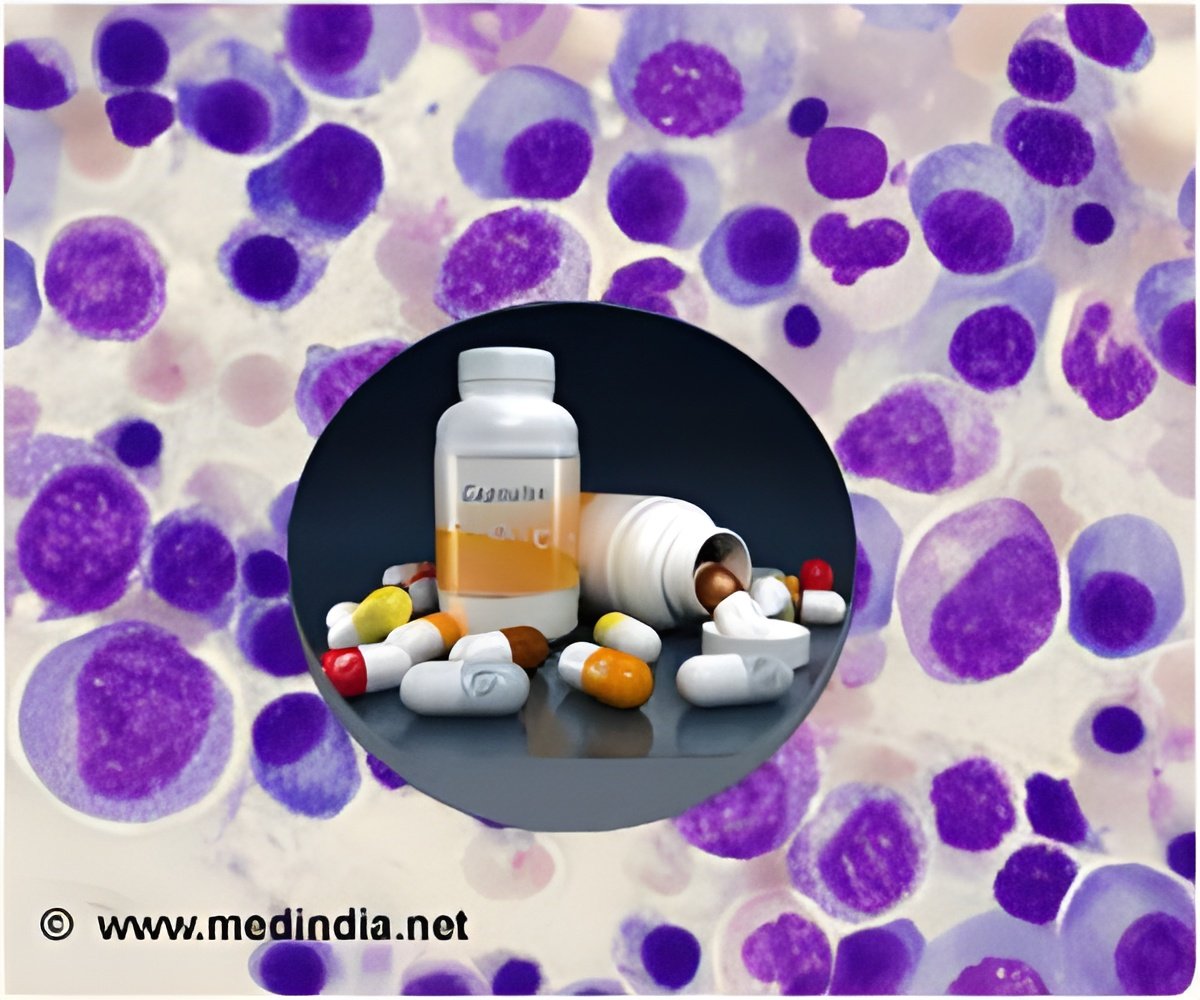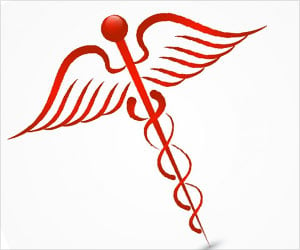
‘Multiple myeloma is currently considered incurable with conventional chemotherapy and for which the average life expectancy is about 6 or 7 years.’
Tweet it Now
Using an approach developed at Maisonneuve-Rosemont, consisting of an autograft to reduce tumour mass followed by a family allograft three to four months later to clean the bone marrow of myeloma cells with immune cells from a family donor (immunotherapy), the study resulted in a total cure rate of 41%, a record level using this strategy. Moreover, patients in complete remission six months after the allograft had a relapse-free survival rate of 60%. Overall, the autograft strategy followed by allograft resulted in relapse-free survival rates of 20-25% in the long term. "In many hospitals, doctors have abandoned the use of allografts for multiple myeloma due to the risk of toxicity and relapse. Our results, on the other hand, have led us to offer the treatment to more patients, especially younger patients and those with poorer prognoses," said Dr. Roy. The results of this research were published in the specialized journal Bone Marrow Transplantation.
Moreover, in the same study, the mortality rate associated with this treatment over ten years was 10%, an extremely low rate following a family donor allograft. And while 50% of patients experienced a relapse of their myeloma, the subsequent treatment showed marked efficacy: 50% of these patients were alive five years after the relapse.
Based on these results, a new study aiming to reduce rates of relapse and complications is currently underway at Maisonneuve-Rosemont Hospital, with still preliminary but very encouraging results. The study was supported by the University of Montreal's William Brock Fund.
Source-Newswise










